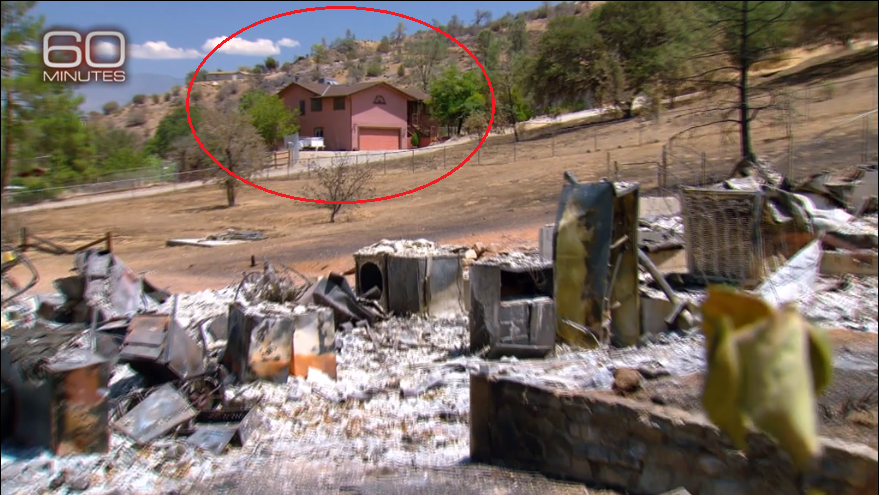This myth about reading ability is making us illiterate
Math was my first language. I earned my Bachelor's in it. And while I was literate, my reading ability, speed and comprehension picked up well after I graduated. That's probably because my desire to read increased due to people in my social circle. I posit that reading comprehension is elastic through adulthood, and culturally contagious.
I bring this up because many people after age 18 self-sort into the category of "not a reader". "Is that available as a documentary? I'm 'not a reader'" said a prolific poster to one usegroup I belonged to years ago. This non-reader wrote grammatically correct, insightful, well-structued and lengthy posts on the usegroup topic. But alas, we could not swap notes on any book because this non-reader seemed to lack the confidence that she could climb the initial three pages of a book before the topic grabs and propels a "fluent" reader to the end of the first chapter.
Some citizens get their news throught television, some through print, others through social media and some through audio which yes, still includes terrestrial radio and satellite. To some degree, the medium we use determines the reality we subscribe to. Sue Wilson who tracks radio station listenership said Talkers magazine determined right-leaning radio shows increased their audience in the last four years from 60 to 100 million.
According to this article on literacybug "Literacy is not something that just happens. One does not wake up literate nor does one become literate in the same way that one learns to walk." Yet the same article next says reading levels arrive with chronological maturity: "Maryanne Wolf (2008) in her book Proust and the squid: the story and science of the reading brain. These five stages are:
the emerging pre-reader (typically between 6 months to 6 years old);
the novice reader (typically between 6 to 7 years old);
the decoding reader (typically between 7 - 9 years old);
the fluent, comprehending reader (typically between 9 - 15 years old); and
the expert reader (typically from 16 years and older)."
This above is incorrect. If reading is not a natural ability that arrives with age the way walking upright is, then many people can move from a decoding to a fluent reader after graduating high school. More could more from fluent to expert. The only correlation between age and reading ability is a regression after unaddressed myopia sets in. Or a regression when the intellectual commons of your social circle comes from memes or untranscribed radio.
And maybe my acquaintance in the usegroup would have cracked one of the books she self-segregated herself from and had something unique to say about it, given her vantage point.

This work by AJ Fish is licensed under a Creative Commons Attribution-NonCommercial 4.0 International License.
I bring this up because many people after age 18 self-sort into the category of "not a reader". "Is that available as a documentary? I'm 'not a reader'" said a prolific poster to one usegroup I belonged to years ago. This non-reader wrote grammatically correct, insightful, well-structued and lengthy posts on the usegroup topic. But alas, we could not swap notes on any book because this non-reader seemed to lack the confidence that she could climb the initial three pages of a book before the topic grabs and propels a "fluent" reader to the end of the first chapter.
Some citizens get their news throught television, some through print, others through social media and some through audio which yes, still includes terrestrial radio and satellite. To some degree, the medium we use determines the reality we subscribe to. Sue Wilson who tracks radio station listenership said Talkers magazine determined right-leaning radio shows increased their audience in the last four years from 60 to 100 million.
According to this article on literacybug "Literacy is not something that just happens. One does not wake up literate nor does one become literate in the same way that one learns to walk." Yet the same article next says reading levels arrive with chronological maturity: "Maryanne Wolf (2008) in her book Proust and the squid: the story and science of the reading brain. These five stages are:
the emerging pre-reader (typically between 6 months to 6 years old);
the novice reader (typically between 6 to 7 years old);
the decoding reader (typically between 7 - 9 years old);
the fluent, comprehending reader (typically between 9 - 15 years old); and
the expert reader (typically from 16 years and older)."
This above is incorrect. If reading is not a natural ability that arrives with age the way walking upright is, then many people can move from a decoding to a fluent reader after graduating high school. More could more from fluent to expert. The only correlation between age and reading ability is a regression after unaddressed myopia sets in. Or a regression when the intellectual commons of your social circle comes from memes or untranscribed radio.
And maybe my acquaintance in the usegroup would have cracked one of the books she self-segregated herself from and had something unique to say about it, given her vantage point.

This work by AJ Fish is licensed under a Creative Commons Attribution-NonCommercial 4.0 International License.



